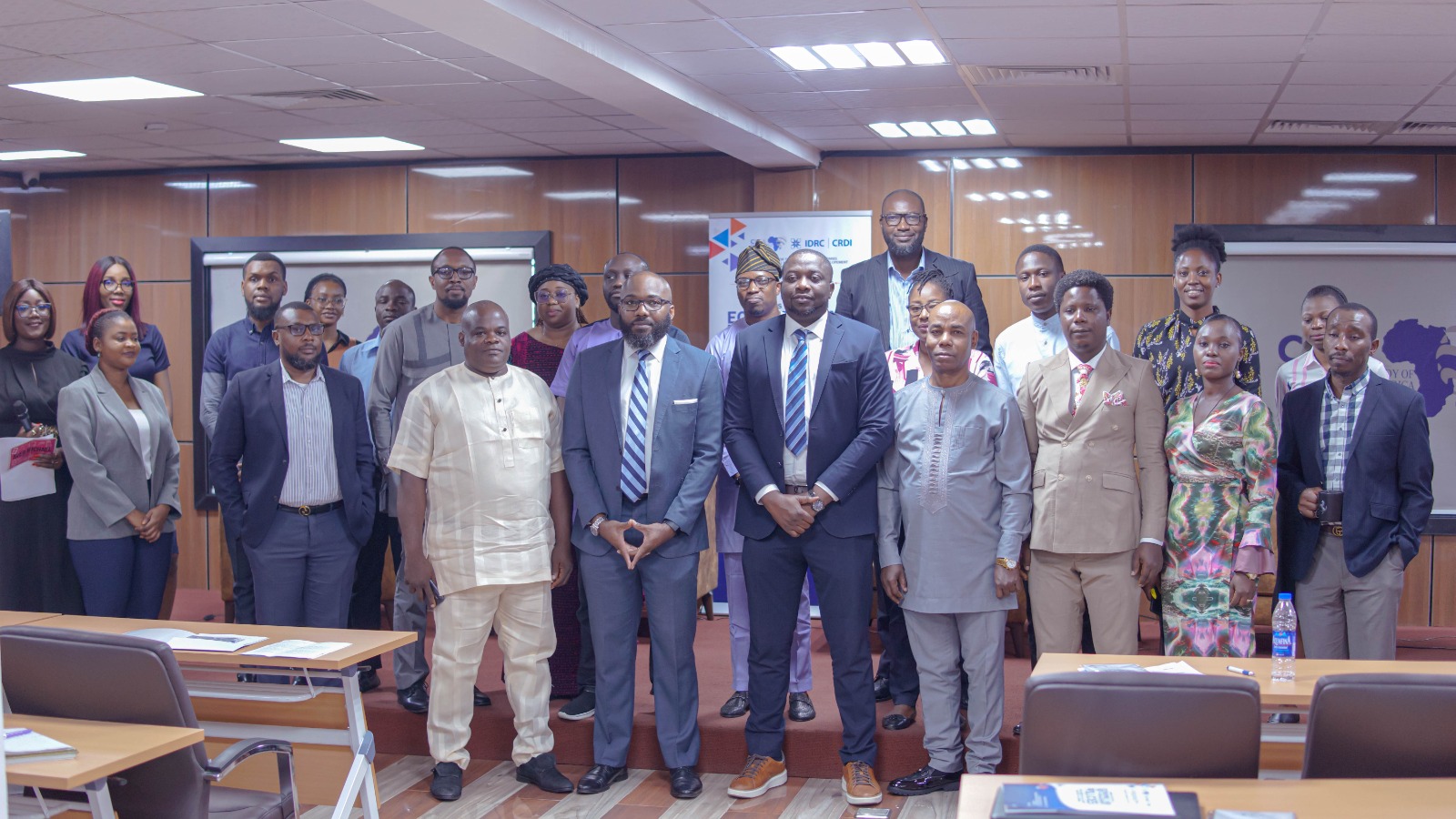
Debt-for-climate swaps can wipe off at least $22.2 billion from Nigeria’s debt in the next six years, stakeholders said in Abuja, yesterday.
The Debt Management Office (DMO) had put Nigeria’s total debt at about $108 billion, at a time when Nigeria is battling with low revenue generation, high inflation, poverty and low capacity utilisation.
The stakeholders, who gathered at an event organised by the Centre for the Study of Economies of Africa (CSEA) and the International Development Research Project Centre (IDRC), stressed that Nigeria could leverage debt-for-climate-and-carbon tax to address the economic crisis and gender issues.
Chief Economist, Development Bank of Nigeria Plc, Prof. Joseph Nnanna, said debt-for-climate swaps could help fund climate initiatives while addressing Nigeria’s debt crisis.
Stating that Nigeria finds itself at a crossroads, grappling with the twin challenges of climate change and a mounting debt profile, Nnanna said limited financing options due to the debt crisis pose a challenge, but that it remained urgent to prioritise actions that would enable the country to combat climate change.
Research conducted by the group, according to him, shows that Nigeria could use debt swaps to free up significant resources, as much as an average of $3.7 billion yearly in the next six years.
He said: “If the entire eligible debt is successfully swapped, it would generate an average of nearly $300 million annually over the next six years, as seen and reported. These funds can be channeled towards achieving our nationally-determined contributions (NDC) and promoting green ventures, such as sustainable public transportation of which the country’s NDC submitted in 2021 estimates a financing requirement of $77 billion from 2021 to 2030 to be able to meet the conditional target of cutting current emissions by 50 per cent before 2030.”
Nnanna, who equally called for economic growth and stability, said Nigeria must reduce reliance on fossil fuel and develop green-oriented industries.
Speaking on ‘Towards Reconciling Economic and Debt Management Policies with Gender and Climate Objectives in Nigeria’, Nnanna said Nigeria’s path forward lies in reconciling economic and debt management policies with gender and climate objectives.
Nnanna, who was a keynote speaker at the event said enforcing existing gender equality laws and implementing a carbon tax could further align the country’s goals.
“The establishment of a comprehensive carbon tax system should be a priority of the Nigerian government. The Nigerian government should allocate the funds generated through debt-for-climate swaps and carbon tax revenues to support sustainable green ventures.
“Thus, data-driven decision-making which has to do with the strengthening of the data collection systems to gather sex-disaggregated data and gender statistics is essential and should be at the core of policy of the government. However, the government should launch public awareness campaigns to educate Nigerians about the significance of climate action, effective debt management, and the importance of gender equality in the society,” he stated.
Chief Executive of CSEA, Chukwuka Onyekwena, said while the concept of debt swaps is not new, its application in the context of climate and development is innovative.
“Through strategic debt-for-development swaps, Nigeria can unlock additional resources of up to $11 billion. These funds, currently tied up in debt obligations, can be redirected towards climate-smart projects and sustainable development initiatives. We can invest in renewable energy projects, improve our infrastructure to withstand the impacts of climate change, and support local communities in adapting to a changing environment,” Onyekwena said.
He also noted that by implementing a phased carbon tax policy, Nigeria stands to reduce its carbon emissions by up to 2.4 million tonnes yearly and increase revenue estimated at N4.3 trillion for investment in infrastructure, education, healthcare, and other sectors essential for our nation’s growth and development.
A professor at the Department of Agricultural Economics at the University of Nigeria, Nwajesus Onyekuru, urged the country to reduce spending and how resources are allocated, adding that resources must be preserved for future generations.
To him, carbon tax remains at the heart of climate change mitigation; he noted that the initiative would enable the global community to meet net-zero goals.
Onyekuru said funds from carbon tax should be plugged back into building critical infrastructure, but stressed that there was a need to monitor the fund.
He, however, expressed fear over the impacts of corruption on similar funds, stating that the recovered loot in the country has not been judiciously used as well as funds saved from the removal of subsidy.
Onyekuru called for incentives for carbon tax policies, stressing that the government must not just come up with policies but ensure a system that would translate to investment and rapid implementation.






